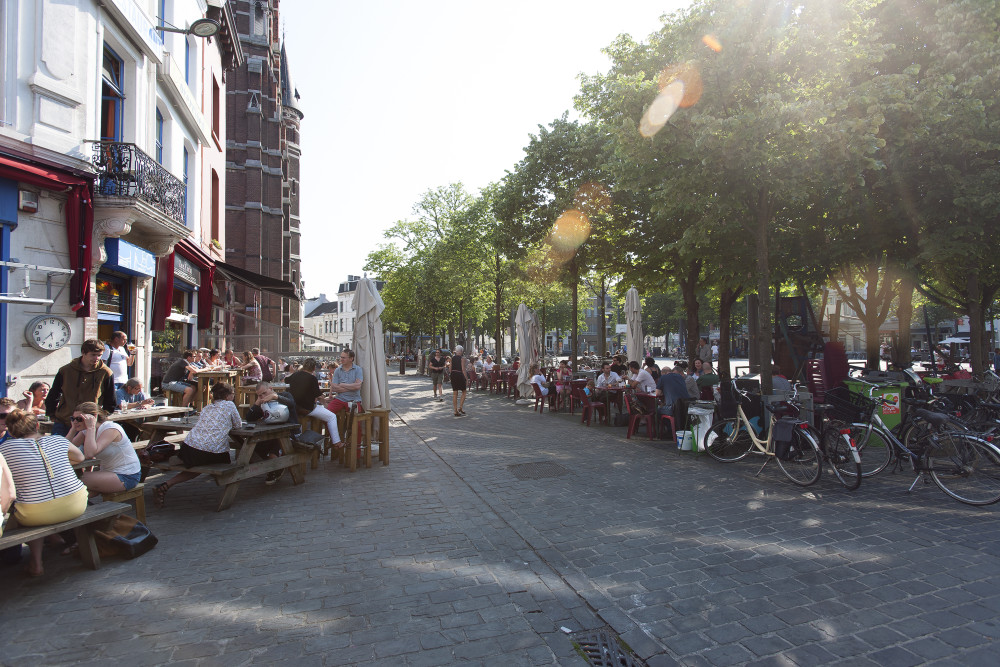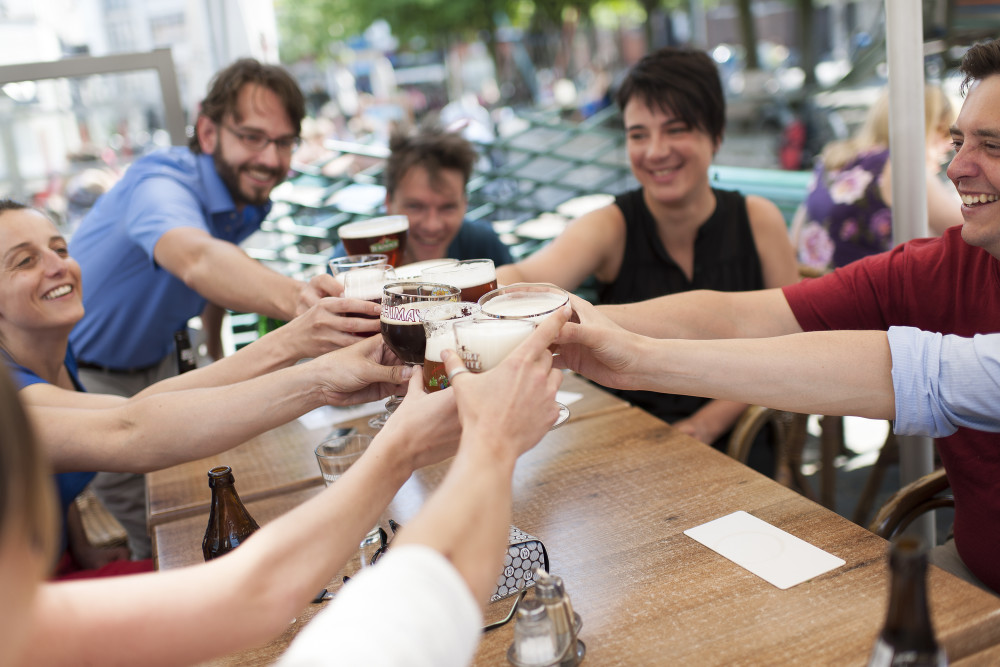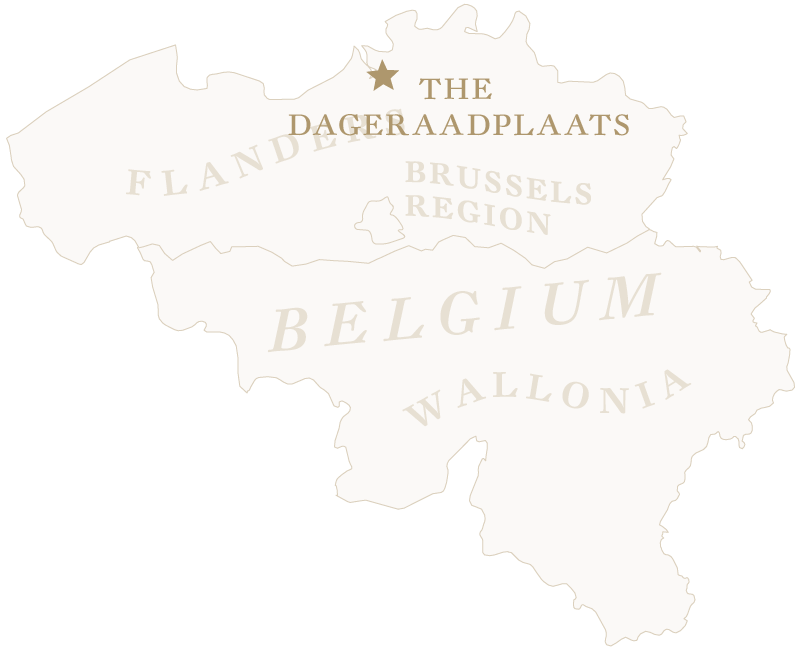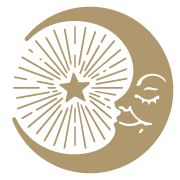On any sunny day, the Dageraadplaats, a square on the east side of Antwerp, is full of people. Kids ride laps around the square on their bikes, form impromptu gangs and generally run wild, while parents sit and chat with friends and neighbours while enjoying the sun and watching passersby.
The square contains no monuments and no public buildings of note. If it appears in any tourist guide to Antwerp, it’s as a footnote, not a destination. The Dageraadplaats isn’t a ceremonial space; it’s just a pleasant place for the community to gather. There’s a basketball court and picnic tables under the trees in the middle of the square, and the edges are lined with café patios.

At any of the cafés, from the Moeskop to the Zeezicht, you can buy incredible beers like Orval, Duvel and Westmalle Dubbel at very reasonable prices. These beers are simply a part of life in Belgium. It is not uncommon to see a couple of retirees drinking Tripel Karmeliet at a café at ten on a Tuesday morning. What else is retirement for?
By mid-afternoon the café tables start to accumulate a wide variety of beers, each served in its own particular glass. There is Rochefort’s graceful goblet, Mort Subite’s fluted tumbler, Duvel’s iconic tulip bulb, and Kwak’s ridiculous flask and wooden stand. More often than any of these, you’ll see the bolleke – an upward-sweeping footed goblet full of copper-coloured beer from Antwerp’s own De Koninck brewery. So much variety, so many different flavours, so much beer culture, all from one tiny country.
I love Belgium. I love the people – the Flemish and Walloons both. I love Antwerp and the Ardennes. And I really love the beer. But I don’t live in Belgium, I live here in Vancouver. I love our beer, too, our IPAs and our imperial stouts. But when I’m not in Belgium, I miss Belgian beer. I miss its diversity and complexity, its depth and surprises.
Can we have that beer here? Not just occasionally as an expensive, imported bottle, but as a standard, locally-brewed beer? Can we drink an authentic-tasting Belgian-style beer from the other side of the city, instead of the other side of the world?
Dageraad: a new dawn
Dageraad means “daybreak” or “sunrise” in Flemish. Vancouver is already experiencing the dawn of a new beer culture, and Dageraad Brewing will be part of it.
I’ve been visiting friends in Antwerp for about a decade now, and over the years I’ve had a slow, smoldering love affair with Belgian beer. It started off as a dalliance, a summer fling, but it gradually grew into a passion.
A year and a half ago I made a commitment: I went to brewing school and took two beer sabbaticals to Belgium. I brought along the other love of my life, my wife, journalist Erin Millar — or she brought me along, it’s hard to tell. We visited breweries and were often welcomed by brewers who recognized us as fellow aficionados. It was an amazing opportunity to learn about Belgian beer and ask brewers for their secrets.
It has been my experience that most brewers are incredibly generous with their time and knowledge when they meet a kindred spirit. In the following eight posts, published here over the next few weeks, I’ll recount what I’ve learned about Belgian beer, in part to pay forward the hospitality I received from brewers in Belgium, and in part to announce my new brewery.
I’m opening a brewery.
It’s called Dageraad Brewing. It’s named after a square in Antwerp. It’s also named after what that square is named for: daybreak or dawn, that period of time when the sky is brightening but the sun has yet to rise, when there are still stars in the western sky and the pale moon is just starting to fade into the pale blue sky.
The beers aren’t going to be Belgian. Belgian beers come from Belgium. My beers are going to come from a little industrial unit in Burnaby, BC, Canada, so they’ll be Canadian or British Columbian or Burnabarian, which is a word I made up that I like very much. But the beers will be Belgian-inspired, because those are the beers I like best.
Can you brew authentic Belgian-style beers in Canada? What does Belgian-style even mean? Each Thursday we’ll publish another chapter in the Dageraad Story, in which I’m going to explain what Belgian-style means to me and argue that yes, you can brew those beers here. And then I’m going to prove it.



